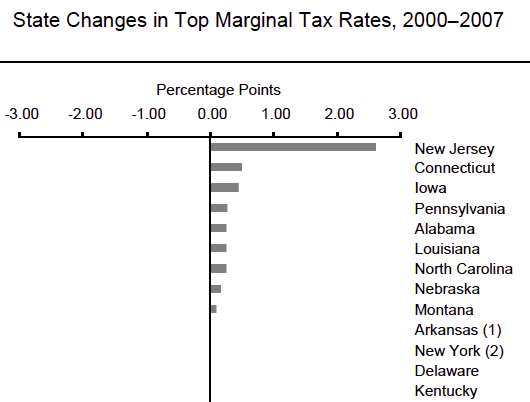EU Puts Periphery Countries on the Rack
For those of you unfamiliar with medieval implements of torture, the rack was believed to be quite effective in extracting information, but generally by having a potential victim watch it in use, with the obvious threat that he was next unless he cooperated. The rack was not only terribly painful, but like most old school methods of torture, often crippled those who survived. (Civilized people, which now clearly excludes our President and those in influential positions in the Pentagon, now recognize that torture is good only for producing phony confessions). It was also employed in particularly gory executions, such as drawing and quartering.
The Eurozone seems to be using similar medieval methods on its debt-laden periphery countries with far less clear understanding that serious damage to the subject is a likely outcome.
Read more...
